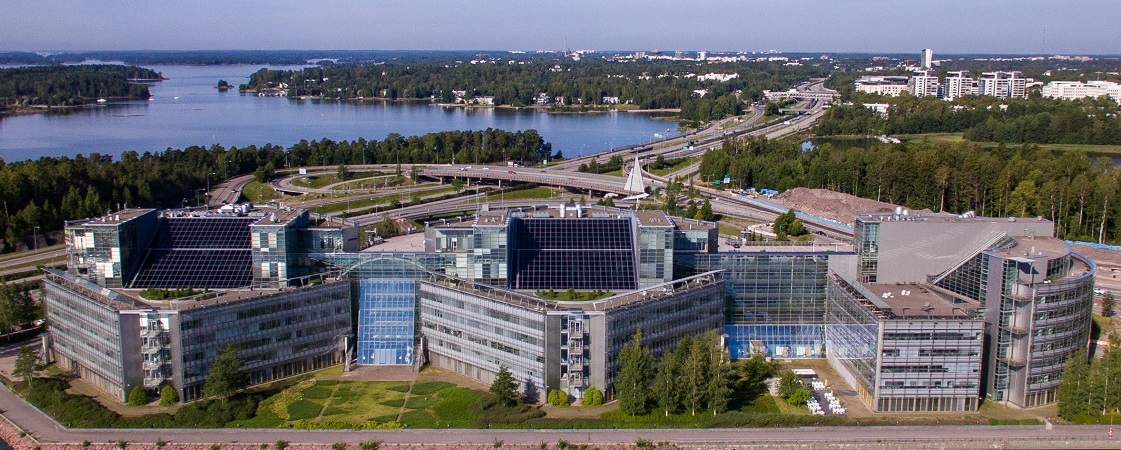Technologies and Infrastructures for Smart grids, Buildings, and Cities
Track Chairs |
|---|
|
Hiroaki Nishi, Japan; Reza Arghandeh, Norway; Kary Främling, Sweden; |
Numerous attempts are made to solve energy problems, especially reducing carbon-dioxide emission or promoting renewable energy in power grids. These attempts are extended to attain smarter lives by realizing smart grids and smart cities. However, energy's infrastructure monitoring, control, and management face technological challenges. In particular, interoperability and system integration is an essential part of the solution for urbanization dilemmas, such as energy, housing, water, security, welfare, mobility, etc. The enabling technologies include data mining, data processing, and decision making for design, operation, and planning of smart cities. The rapid development of information and communication technology (ICT) has made profound impacts on human well-being. Smart cities improve socio-economic development and quality of life of its residents by ensuring safety, sustainability, economic growth. However, they introduce technological challenges due to the complexity of the multinetwork interdependencies and interoperability in urban environments. This track aims to promote an exchange of ideas and the trends for providing a ground-breaking initiative for the power engineering and information technology by gathering experts and exchanging valuable experience or knowledge in energy and information technology. The topics of interest included are but not limited to smart city applications and services, data analytics, Open API, the system of systems, and semantic interoperability.
Topics under this track include (but not limited to): |
|---|
- Interoperability of Energy Technology and Information Technology
- Demand response system / Power grid / Power markets / New energy services
- Smart city infrastructure / New smart city services
- Integration, control, and management of distributed energy resources
- Microgrids / Smart grids / Smart infrastructures
- Energy distribution and controlling system
- Wide area automation technology in smart city and smart grid
- Integration of smart city infrastructures
- Data interaction between smart city infrastructures
- Quality of services in smart city and smart grid
- Management and application of data captured by energy system
- Simulation, evaluation, and optimization of energy systems
- End -use applications and loads of energy
- Сommunity data privacy and security
- Data science in Smart community and Smart grid
- Smart mobility(e . g . parking, car sharing, …)
- Smart buildings and how they interact with other parts of the city
- Interoperability between different systems and domains in the city
- Avoidance of vendor lock - in and cost of implementation and maintenance



